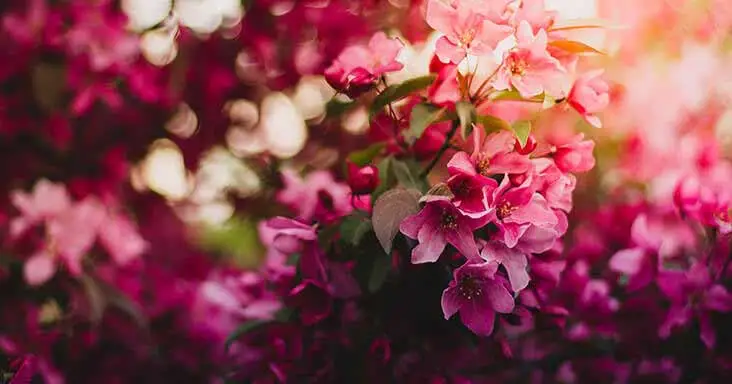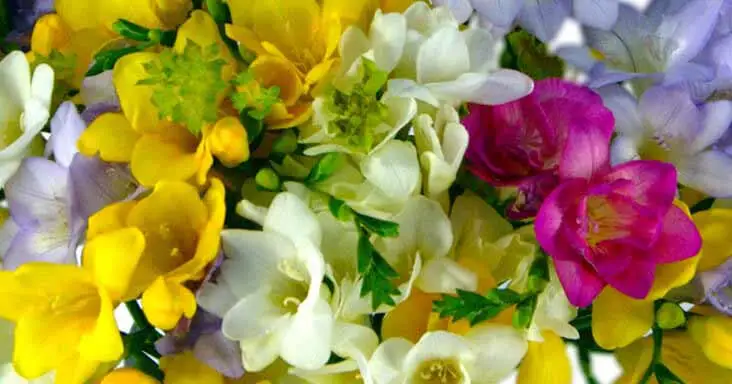Happy Halloween! We hope tonight you can get dressed up and have a little bit of fun with the spirit of Halloween with its witches and wizards, ghouls and ghost, large quantities of sugar and hyperactive children. So what more appropriate day than to showcase some plants which have names, the appearance and characteristics to be part of any Halloween haunted house.
Tacca Chantrieri – The Bat Flower
This unusual looking flower would definitely make the garden of its owner a place many wouldn’t want to visit. With its black flowers, wing shaped leaves and long dangling whiskers this plant grows in the tropical forests of the Yunnan Province in China
Spilanthes Oleracea – The eyeball plant
Giving a true meaning to the hills have eyes, the flowers of this plant are a yellow ball with a large red iris making there natural habitat in the warmer climates of South America look like it is covered with watching eyes. Ironically however the lush dark green foliage of this plant is edible and used in salads for its peppery taste and can be chewed to south toothache with its anaesthetic properties.
Amorphophallus titanium – The Corpse Plant
Known as not only the largest flower in nature this plant is renowned for having a smell of rotting meat and being the smelliest plant in the world. Found in rainforests and limestone hills of Sumatra, Indonesia this unique plant is popular for cultivation.
Ficus aurea – The Strangler fig
Out first horror plant, this parasitic plant native the Florida Keys and West Indies begins its life when its seeds lodge In the bark of its host. It then develops a route system into the air as well as into the host allowing it to feed of the nutrients from both sources. Over time the roots will reach the ground and develop their own system and kill off the host. Not a plant to be messed with.
Rumex sanguineus - Bloodwort
Bloodwort is our first poisonous plant. Not only does the plant have red veined leaves and a really tendency to come back from the dead when you try to remove it but it is also kills of animal cells just by touching it leaving large scabs and a painful burning sensation.
Monotropa uniflora - The ghost plant
This plant (yes it is a plant) has no chlorophyll which means it doesn’t need sunlight to grow. This plant is part of around 3000 species of non-photosynthetic flowering plants. This plant can be find in very dark forests and even grows at night.






